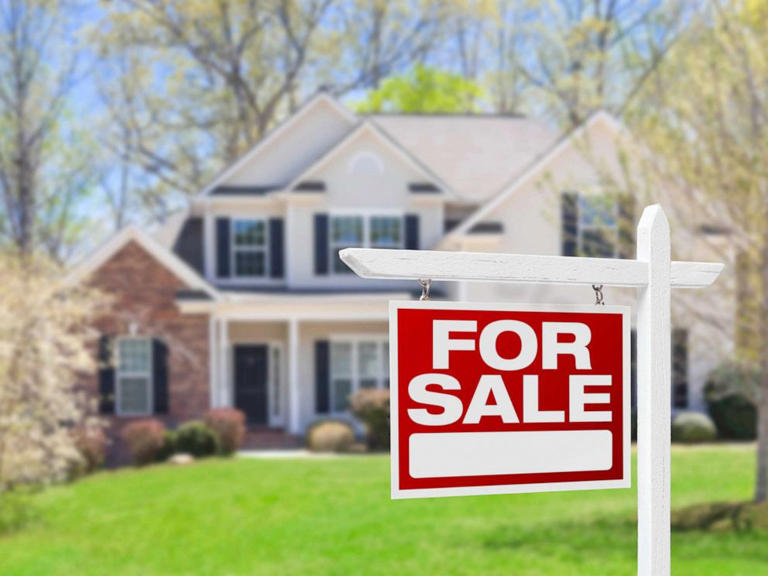According to a recent analysis by CBRE, the cost of buying a house in the United States currently outweighs renting, with the trend expected to persist for the next five years. The average monthly payment for a new apartment lease in the US stands at $2,165, while the corresponding figure for a mortgage on a new home is $2,997. Consequently, households are facing an average of 38% higher costs when buying compared to renting.
Looking ahead, the analysis suggests that the disparity between buying and renting will continue to pose a significant obstacle for prospective homeowners for at least the next five years. Even by the year 2030, mortgage payments are projected to remain 11% higher than rental costs.
This ongoing challenge for potential homebuyers is attributed to several factors, including higher mortgage rates and a widespread housing shortage across the country. The CBRE report estimates that there is a shortage of approximately 3.8 million housing units in the US, particularly in single-family homes and smaller multi-unit dwellings.
Matt Vance, one of the authors of the CBRE report, emphasized that given the current landscape, it may be more financially prudent for individuals to continue renting for an extended period.
The housing market is once again showing signs of cooling, with notable disparities between renting and buying costs observed across various markets. Particularly in cities like Los Angeles, San Francisco, Seattle, Denver, and Nashville, Tennessee, the contrast between renting and buying is stark, according to recent analysis.
Matt Vance, from CBRE, highlighted the significant challenge in markets like Denver, where a 20% down payment on the median home is equivalent to six years’ worth of average apartment rent. However, there are expectations that markets such as Chicago, Dallas, and Raleigh, North Carolina, will see the gap between renting and buying return to pre-pandemic levels within the next five years.
Despite these challenges, aspiring homeowners who can afford the upfront costs and monthly expenses still have opportunities to build long-term equity through homeownership, Vance noted.
Adding to the housing affordability concerns, a separate report released by the White House indicates that one in every four renters in the United States is classified as “severely rent-burdened,” meaning they spend more than half of their income on housing expenses. This highlights the pressing need for solutions to address housing affordability issues nationwide.
